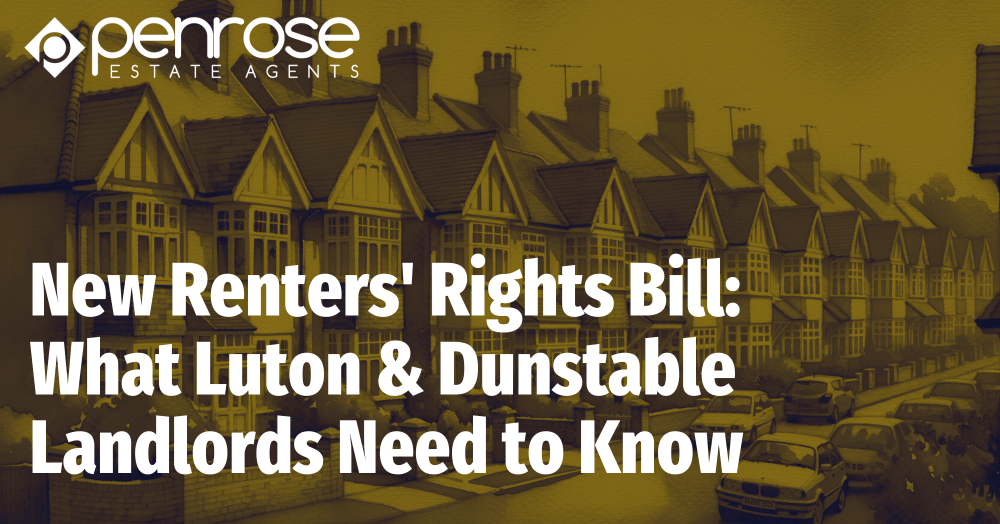With the ever-evolving landscape of rental legislation, it's crucial for landlords to stay informed about the latest changes. At Penrose Estate Agents, we care deeply about our landlords and want to ensure they are fully up-to-date with the latest changes and legislation in the UK.
The Renters' Rights Bill recently passed through the Commons is set to bring significant reforms, and we're here to help you navigate these updates smoothly.
1. Abolition of 'No-Fault' Evictions
The bill eliminates Section 21 'no-fault' evictions, meaning landlords can no longer evict tenants without a valid reason. This aims to provide greater security for tenants.
2. Simplified Tenancy Structure
All assured tenancies will become periodic, offering tenants more stability and the ability to challenge unfair practices without fear of eviction. This change encourages a fairer and more transparent rental market.
3. Fair Possession Grounds
Landlords can still reclaim their property for valid reasons, but new safeguards ensure tenants have more time to find a new home. Unscrupulous landlords cannot misuse possession grounds, promoting a balanced approach to property reclamation.
4. Rent Increase Protections
Tenants can appeal excessive rent increases designed to force them out. Landlords can still raise rents to market price, but an independent tribunal will review disputes. This measure helps maintain a fair rental environment.
5. New Private Rented Sector Ombudsman
A new ombudsman will provide quick, fair, and impartial resolution for tenants' complaints. This aims to improve dispute resolution and protect both tenants and landlords. At Penrose Estate Agents, we believe this will enhance trust and cooperation within the rental market.
6. Awaab's Law
The bill extends Awaab's Law to the private sector, requiring landlords to address hazards like damp and mould promptly. Ensuring your properties are safe and habitable is not only a legal requirement but also a key aspect of maintaining good landlord-tenant relationships.
7. Cap on Upfront Payments
Landlords can only demand a maximum of one month's rent upfront, reducing the financial burden on tenants. This change aims to make renting more accessible and equitable for all tenants.
8. Protection for Students
Students will no longer be pressured to sign leases more than six months in advance, providing them with more flexibility. This reform supports a fairer rental market for young renters.
At Penrose Estate Agents, we are committed to helping our landlords stay informed and compliant with these new regulations. We understand that these changes can be complex, and we are here to support you every step of the way.
This bill aims to balance the rights of tenants and landlords, ensuring fair treatment for both parties. If you have any specific questions or need further details, feel free to ask!

